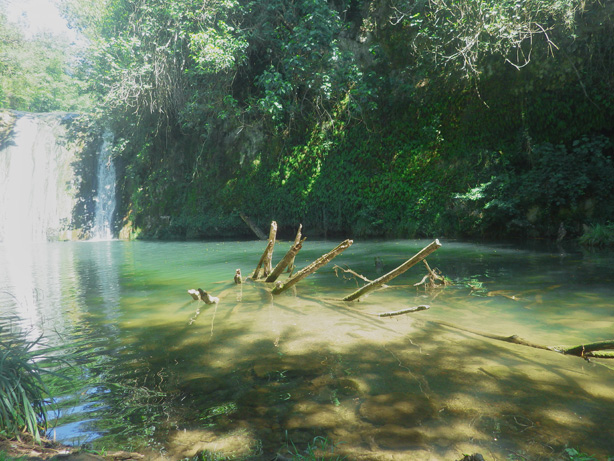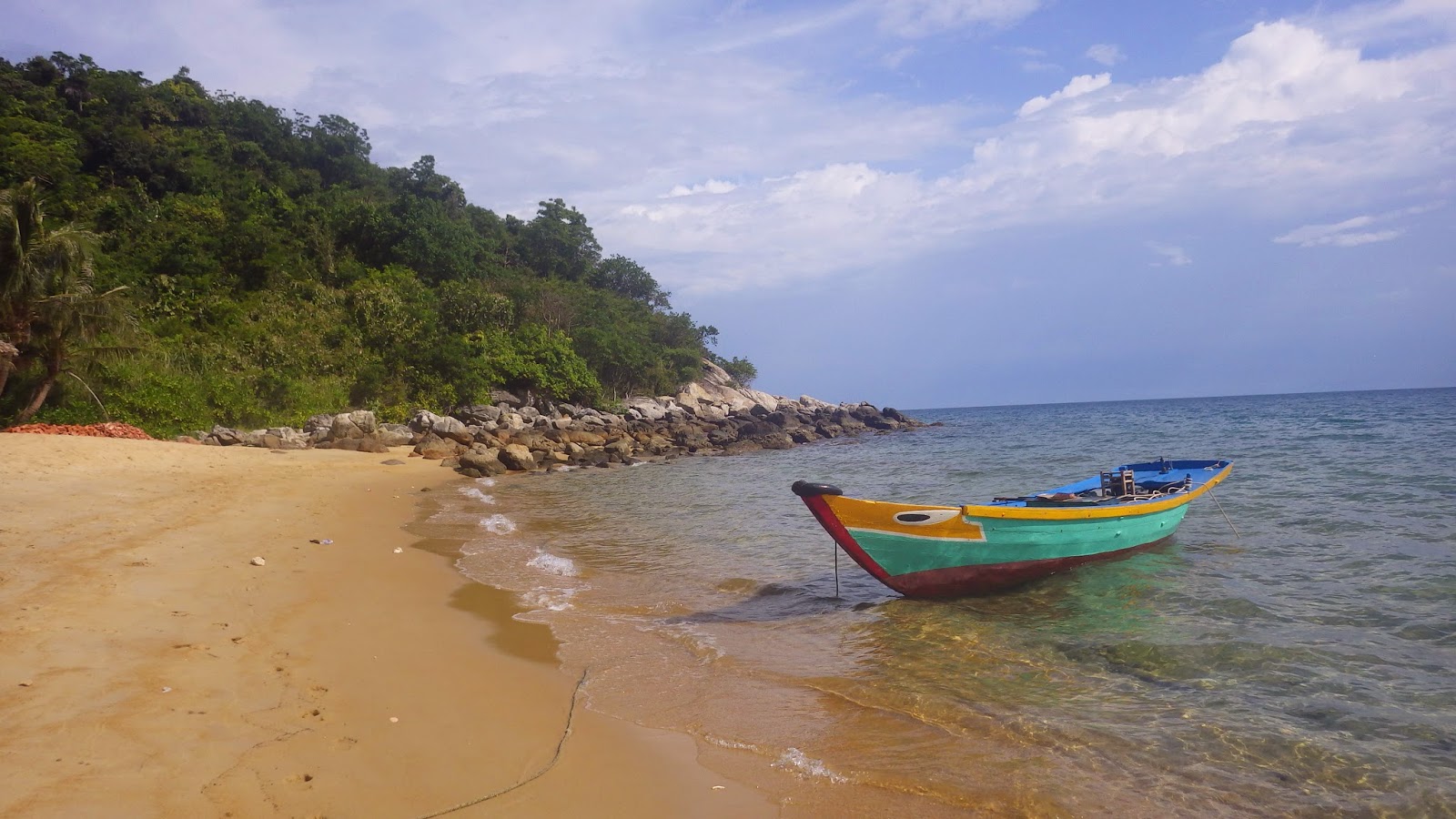When most
people think of Barcelona, they think of a hot city with beaches, great shopping and nightlife. In summer it is all those things but it is so much more than humidity, and Autumn is no better time of year to prove it. Barcelona is not just another English-appropriated town in Spain but one of the most culture rich cities in Europe. Like the absolutely wonderful array of delicious red wines you will find there, you should drink up and come back for more. It’s classy.
Art and Architecture
Aside from the famous collections of art in Barcelona, like Gaudi’s buildings and the Picasso gallery, there is a huge amount of street art here. It’s all over the place in Barcelona as monuments, statues, installations and graffiti art. Serious, funny, political or thought-provoking, street art here covers so many subjects and asks for any reaction. and it really sets it apart to visitors.
As an English person, I really picked up on how the Spanish and Catalans value collective outdoor art. With such a vast amount of street art on offer, seemingly up for public ownership and definitely for public appreciation, this is something of a wonderful concept to me - a person who comes from a country where art is seen as an unnecessary expense (which explains a lot of our ugly towns and buildings with ill places statues that act like lipstick on a pig).
If you like to wander down gorgeous old streets and gaze at wondrous and mind boggling feats of architecture, like the Sagrada Familia cathedral, this city is for you.
 |
| L-R A giant matchstick, Casa Mila by famous architect Gaudi and a giant cat statue |
Food
I love food, wherever the country, whatever the faire. I throw myself in to trying new dishes, snacks and drinks because then I get to understand so much about a culture, and its’ history - just by sampling what the local people eat. In Barcelona that’s tapaz. Lots of it. And it’s everywhere.Iberico ham, manchego cheese, marinated anchovies, Spanish sausage and croquettes as just some of the dishes I tried, which are on rampant offer around the city. And although you can get tapas at home, there is much more variety here, where the food orginates. You can of course also get all the usual Spanish meals like Paella, and there’s plenty of international variety, all up to a fantastic standard too, but while you’re in Barcelona, don’t pass up a chance to sample its’ specialities.
It's still warm enough for outdoor adventures
I'm not averse to adverse weather, especially snow but it is always nicer playing in the sun. And though there’s
lots to do in the city and you wont be able to fit it all in, there’s even more
out of the city. Mount Tibidabo is a gondola ride away with an adventure park
nearby. On the beaches, there is a wake-boarding park among other features.
A couple of hours’ drive from the city in to the Catalonian hills, is a great hiking area near Sant Feliu de Pallerols, which is popular among cyclists and almost at the country border. Forest walks, rambling and waterfalls abound. And from up there sunset is a spectacular sight.
Barcelona is also close to Andorra, the tiny corridor country between France and Spain that straddles the Pyrennees and incidentally is also a great place to go shopping for its tax-haven status. Come winter Barcelona is a great stop either on the way to or back from an Andorran budget ski holiday.
A couple of hours’ drive from the city in to the Catalonian hills, is a great hiking area near Sant Feliu de Pallerols, which is popular among cyclists and almost at the country border. Forest walks, rambling and waterfalls abound. And from up there sunset is a spectacular sight.
Barcelona is also close to Andorra, the tiny corridor country between France and Spain that straddles the Pyrennees and incidentally is also a great place to go shopping for its tax-haven status. Come winter Barcelona is a great stop either on the way to or back from an Andorran budget ski holiday.
Furthermore, Barcelona’s further south and a lot closer to Morrocco than England! Spain has a much milder autumn and winter than we do in soggy England and with all the sights and autumn events available what else do I need to say to convince you?!
 |
| Waterfall at Sant Feliu de Pallerols, Catalonia |
There’s less pollen at this time of year, which also means-
Here’s
a little tip from a hay-fever sufferer. Barcelona is stuffed with pollen in
spring and summer. From the moment I got there in early June I couldn’t leave
the house without taking anti-histamines. Thankfully, along with the crowds,
the pollen will have died down by now. And less people means less queuing for
tourist attractions.
And when there are fewer queues the prices are usually lower. Shoulder season is a wonderful thing for those without kids to keep in school. Make use of it.
And when there are fewer queues the prices are usually lower. Shoulder season is a wonderful thing for those without kids to keep in school. Make use of it.
 |
| Apartment blocks along the sea front, Barcelona. |
Some top tips!
- Get around by bike. I was surprised how much walking I did on my visit to Barcelona. I like walking and I had a good pair of comfy trainers but my legs were still tired and sore by the end of each day, wihtout putting much effort in. Thankfully there is a similar bike scheme to the Boris bikes in London, so you can see more with a bit more glide.
- Be picky when ordering patatas bravas, most of them just come with mayonnaise and kind of spicy ketchup, but real bravas sauce is where it's at. Bacoa burgers are dotted all over the city and apart from serving up amazing juicy burgers for meat eaters and veggies alike, they also do the best patatas bravas I had during my trip.
- Get your bum to Refresca Tea for, as the name would suggest, refreshing cold fruit teas and organic coffee.
- There are loads of good hostels, but a few great ones are Casa Gracia, Pars Tailors and Factory Garden. Air bnb is also a great alternative to hotels, you help to earn a local person some extra cash and gives you a more 'local' experience.



















